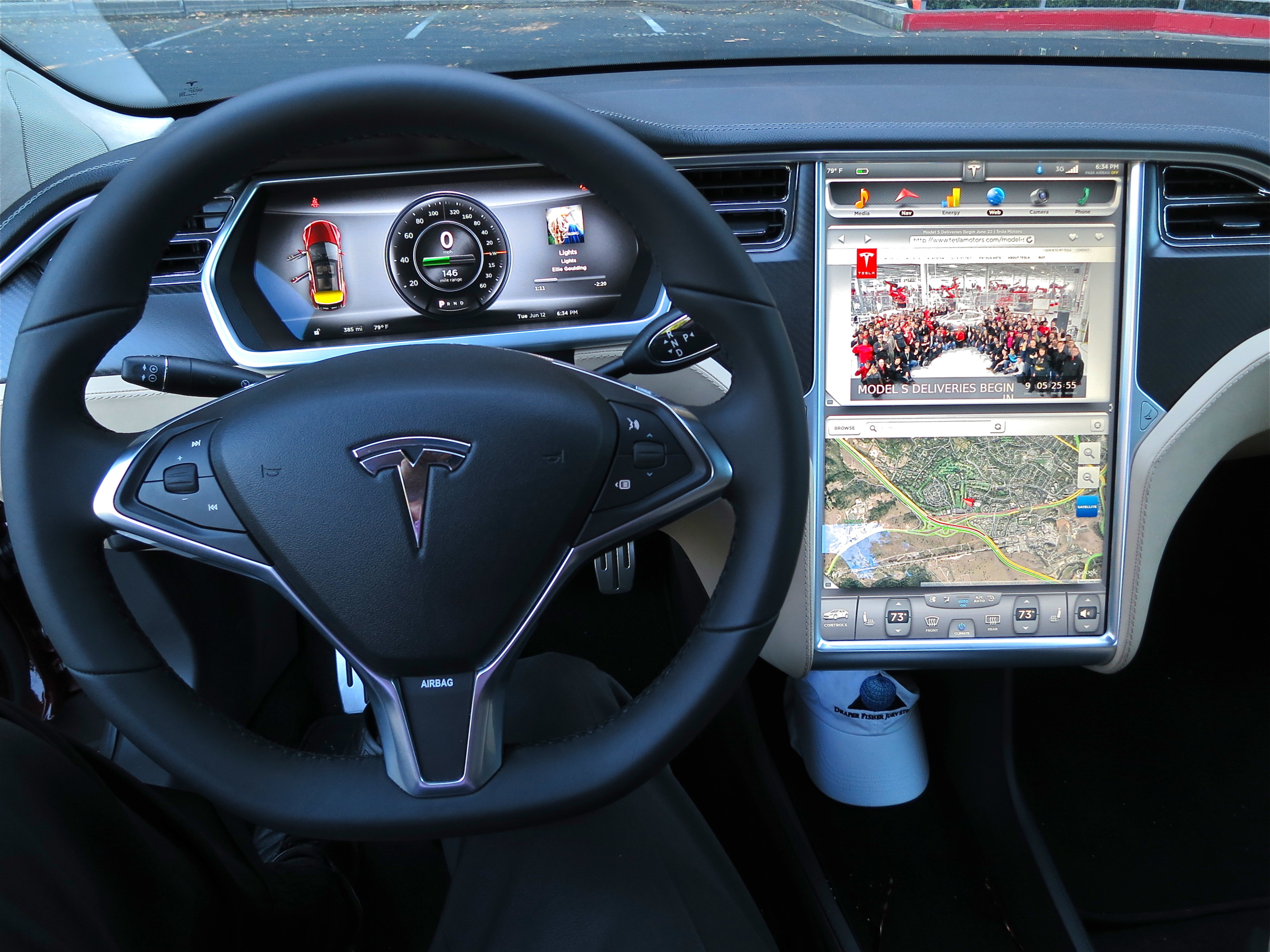How building code updates and transportation electrification can work hand in hand
The Oregon legislature is considering a number of bills this legislative session that would address electrifying important parts of our day to day lives, from how we get around to how we power our homes. The coolest part about all of this is how these bills work together seamlessly to make a sum greater than their parts.
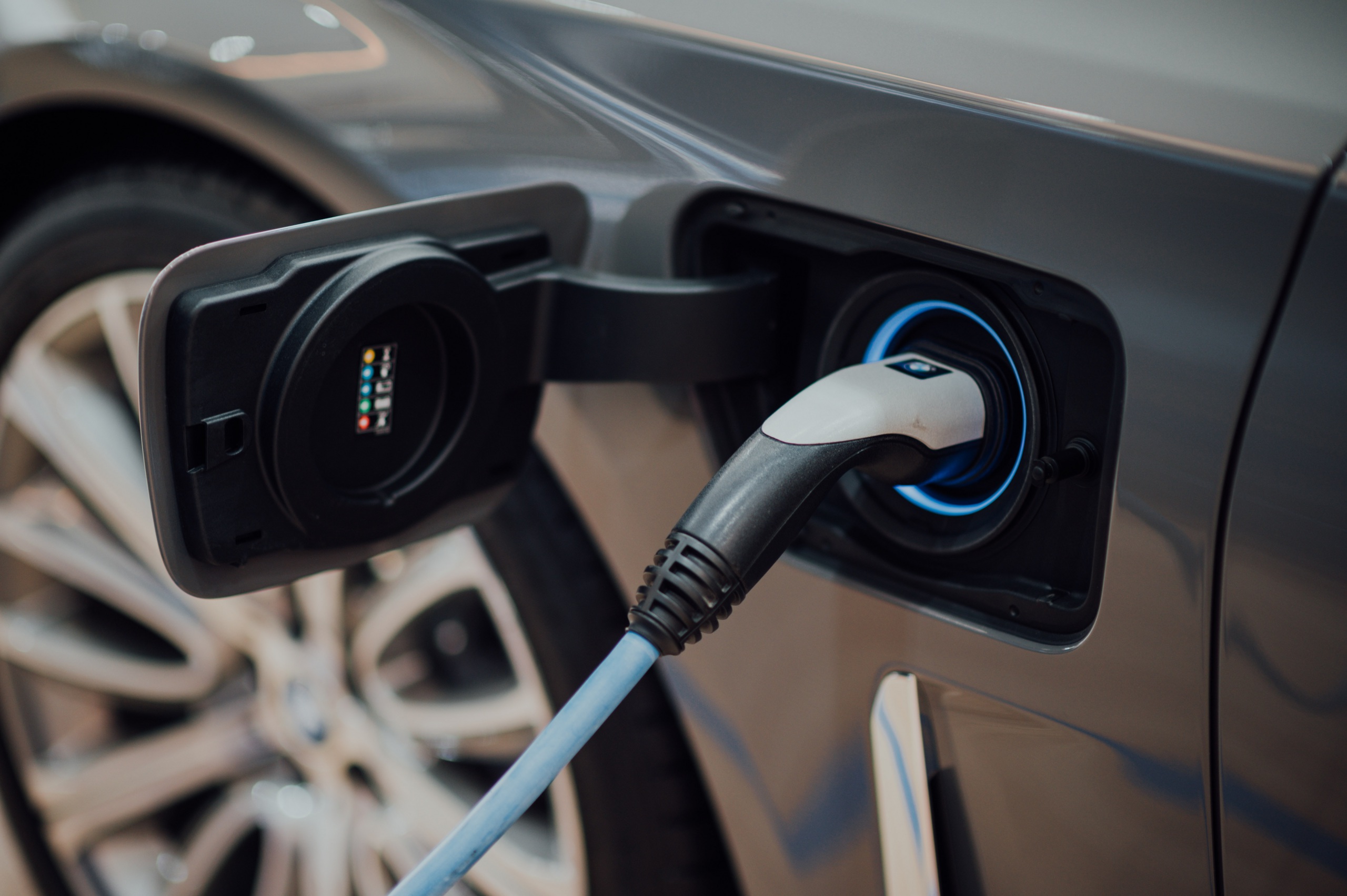
The Oregon legislature is considering a number of bills this legislative session that would address electrifying important parts of our day to day lives, from how we get around to how we power our homes. The coolest part about all of this is how these bills work together seamlessly to make a sum greater than their parts.
One bill that Environment Oregon supports this session, House Bill 2165, is aimed at pushing the state forward on transportation electrification, specifically electric vehicles. We support the bill because accelerating the electrification of our transportation system is critical for addressing the climate crisis, and HB2165 takes important steps to help achieve that goal. To meet Oregon’s goals for electric vehicle (EV) adoption, Oregonians need to be able to afford and obtain electric vehicles and feel confident getting around their communities and the state as a whole in their EVs. Parts of HB2165 help get more Oregonians into electric cars, and ensure that all Oregonians can reap the benefits of electric vehicles. Removing the Oregon Clean Vehicle Rebate Program’s sunset means that this important program can continue to get more Oregonians into electric vehicles, as does the bill’s increased funding for the Charge Ahead rebate and related community outreach.
As more Oregonians are able to drive electric vehicles, and more will if HB2165 passes, they’ll need places to charge their vehicles both at home and while traveling. The state’s utilities are already investing in the infrastructure needed to give Oregonians confidence and convenience for charging their EVs, and allowing utilities to spread the cost of these investments to all of their ratepayers will help accelerate the pace and scope of these investments, helping bring the benefits of EVs to more and more Oregon residents. Creating regular investments in EV infrastructure is necessary for meeting our EV and climate goals, and HB2165 helps make that happen. However, it’s not the only bill that addresses charging infrastructure.
House Bills 2180 and 2398 are aimed at updating the state’s building codes, and both will help further the goals of HB2165. HB2180 would update the state’s building code to require that new buildings be built with an increased amount of electricity service capacity to accommodate future electric vehicle charging stations, as more and more EVs drive further demand for charging stations in new apartments and municipal buildings. Similarly, House Bill 2398 would allow Oregon communities to adopt more rigorous “reach” codes for energy efficiency that go further than the baseline state code in encouraging building electrification and other climate- and energy-smart decisions. Building new homes and buildings as efficiently as possible presents a simple avenue for reducing emissions from the building sector as a whole, as well as increasing the amount of electricity available for charging. Communities across the country, like San Jose, have used these “reach” codes to mandate new buildings be ready for EV charging stations and other equipment.
Taken together, these bills present an exciting opportunity to take a number of steps forward on getting more Oregonians into electric vehicles and ensuring that their homes and communities are prepared to facilitate this increased adoption. They present a great example of how progress in one arena begets progress in another when it comes to electrifying our communities, and we’re glad to support all of them.
Photo: CHUTTERSNAP on Unsplash: https://unsplash.com/photos/xJLsHl0hIik
Topics
Authors
John Ammondson
Find Out More
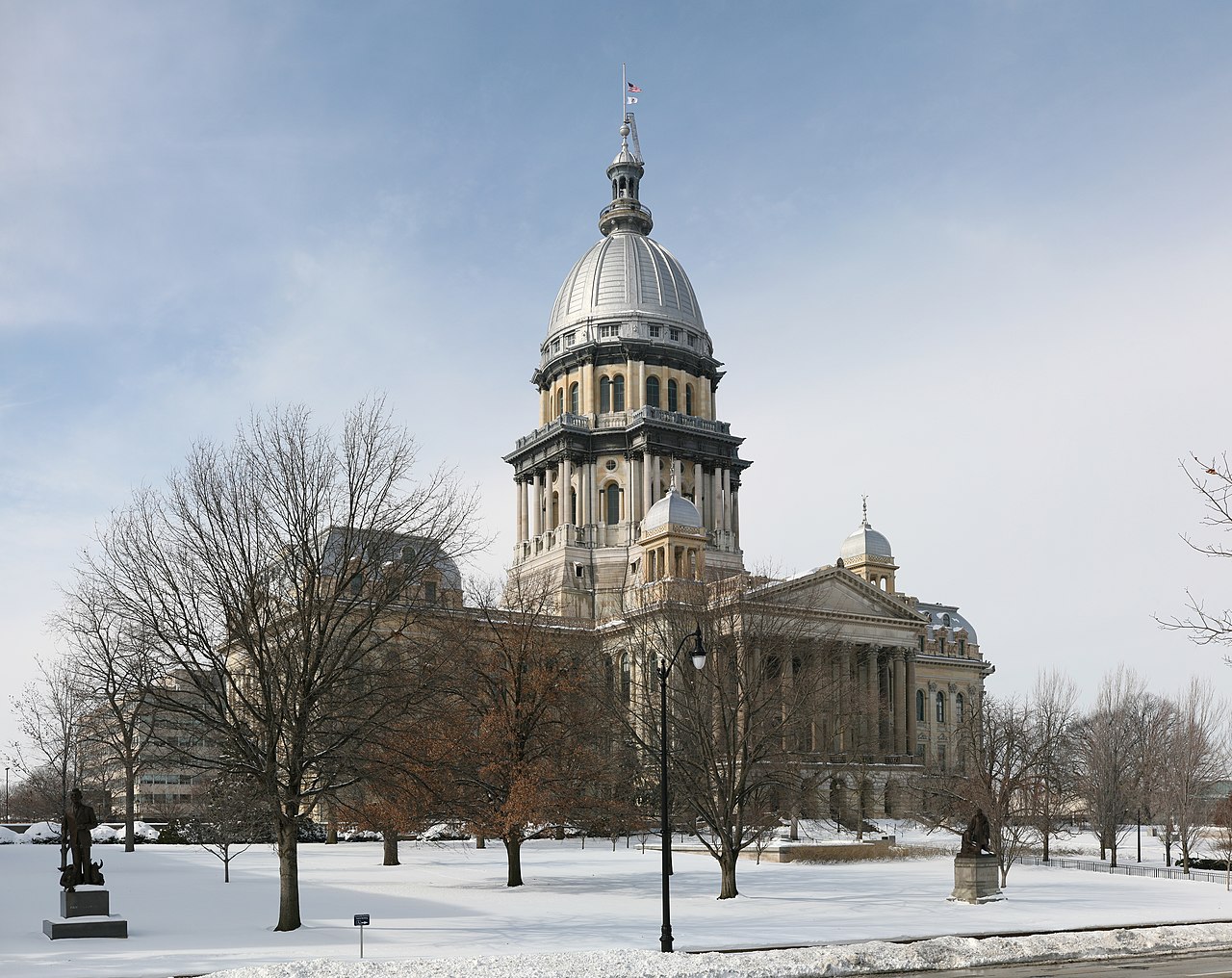
Our 2024 priorities in the states
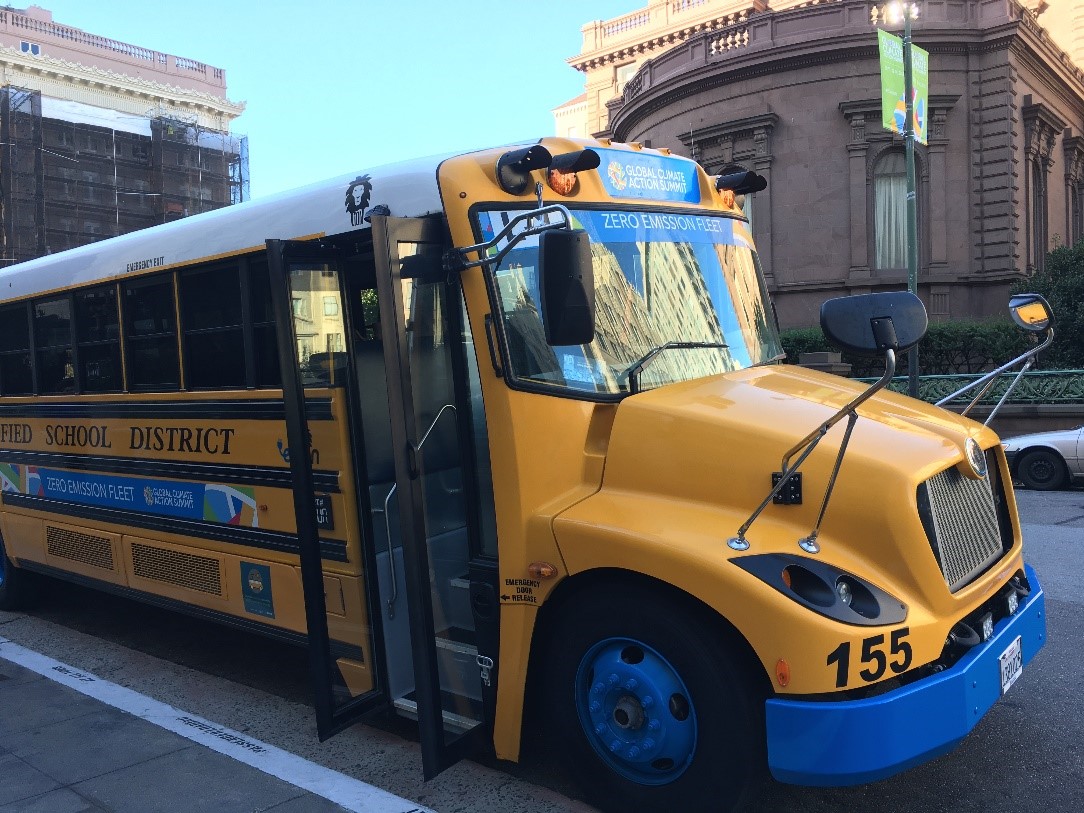
Back to School on an Electric bus
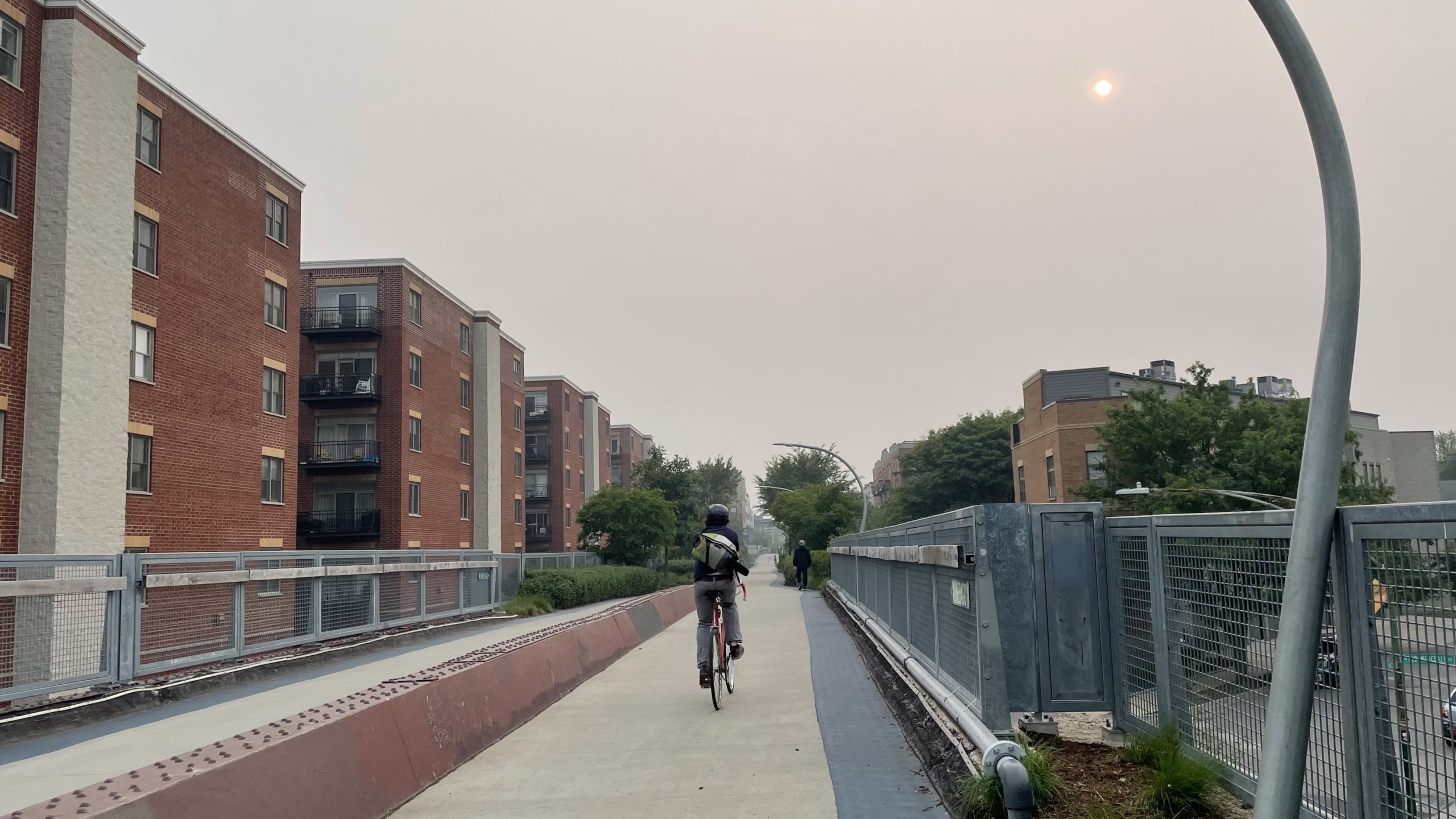
What can we do about the unhealthy air quality in Chicago?
